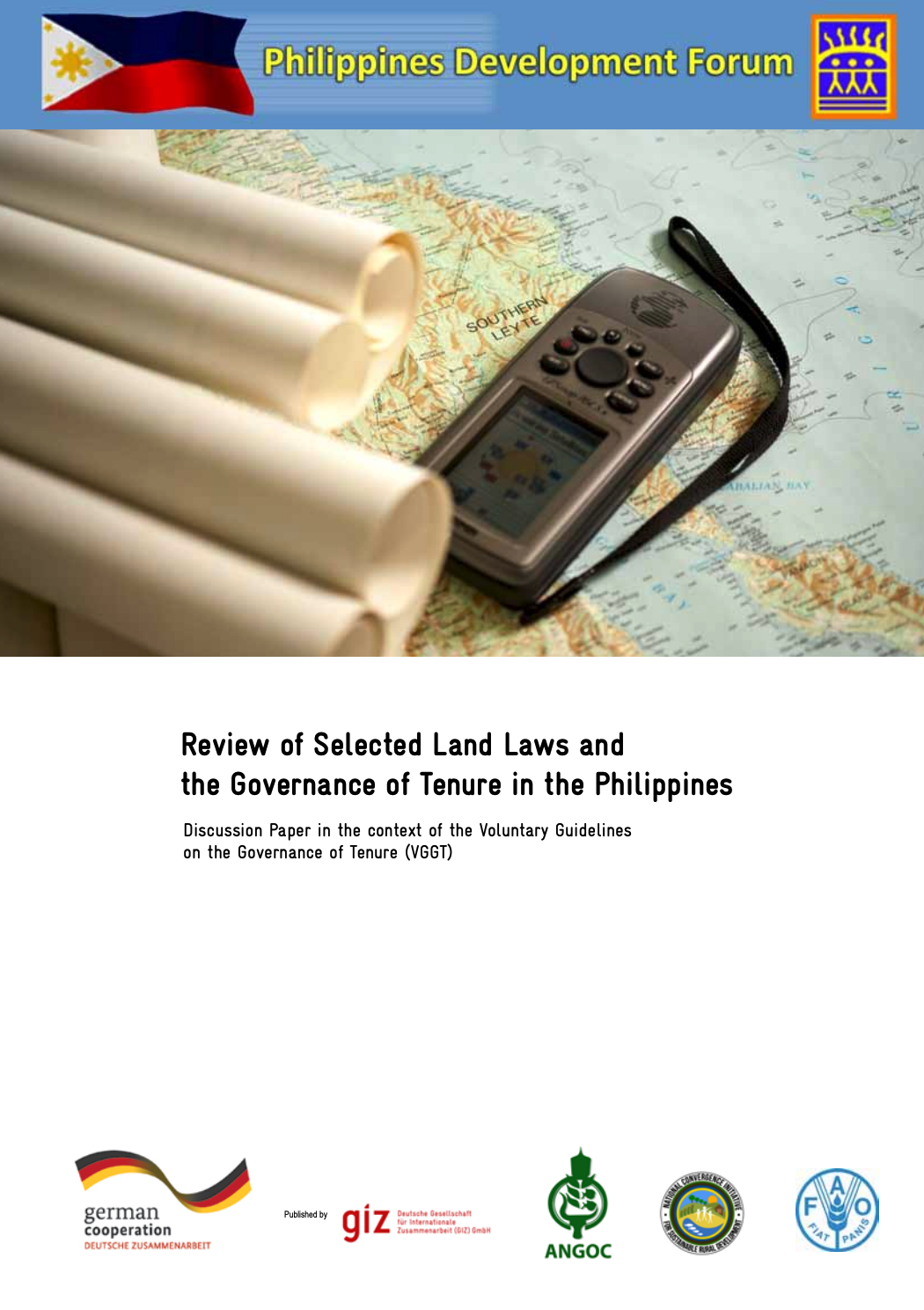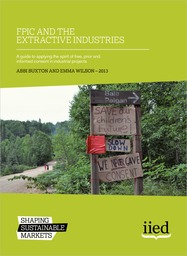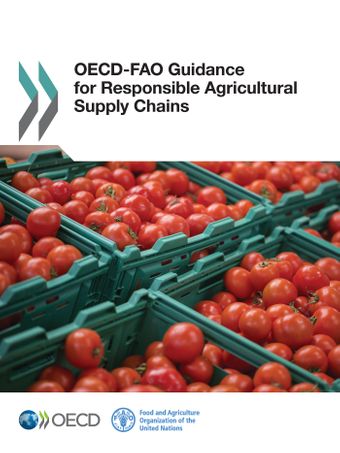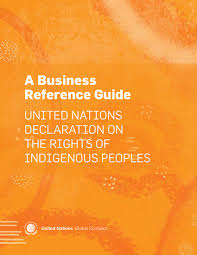Convergence under pressure: Different routes to private ownership through land reforms in four Mekong countries (Myanmar, Cambodia, Laos, Vietnam)
WEBSITE INTRODUCTION: This paper aims to provide keys that will help us understand contemporary land dynamics in these four countries. In order to do so it highlights their similarities and differences, both in the long history that shaped today’s local land situations and in more recent reforms implemented in the context of greater economic openness. The first part of the paper sets the cultural and historical context, with an overview of the diverse ways that the political authorities and different groups within the region have related to land.









